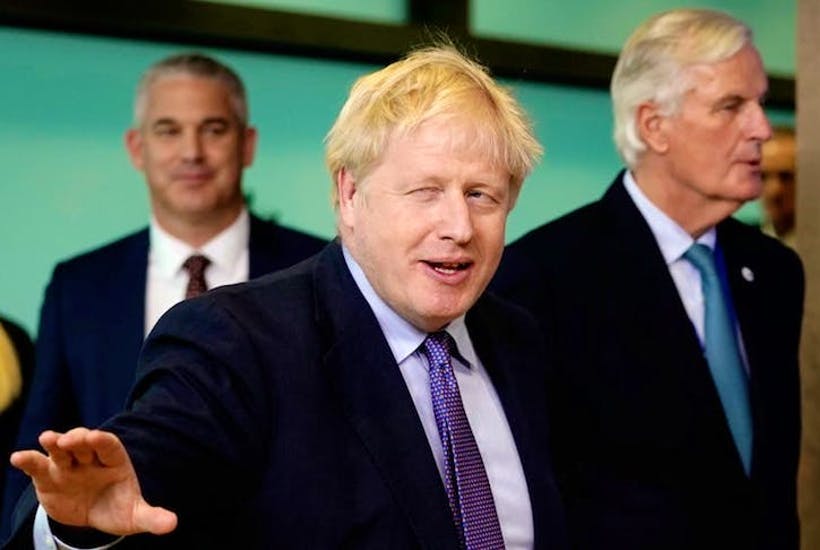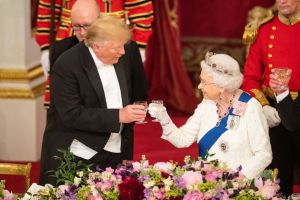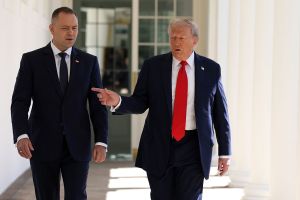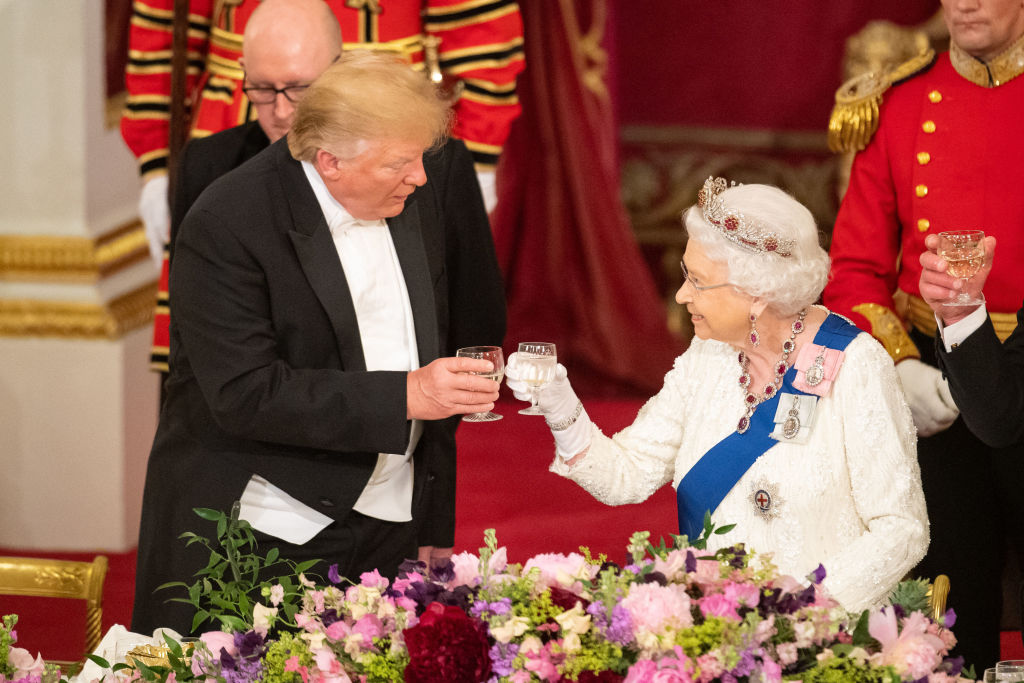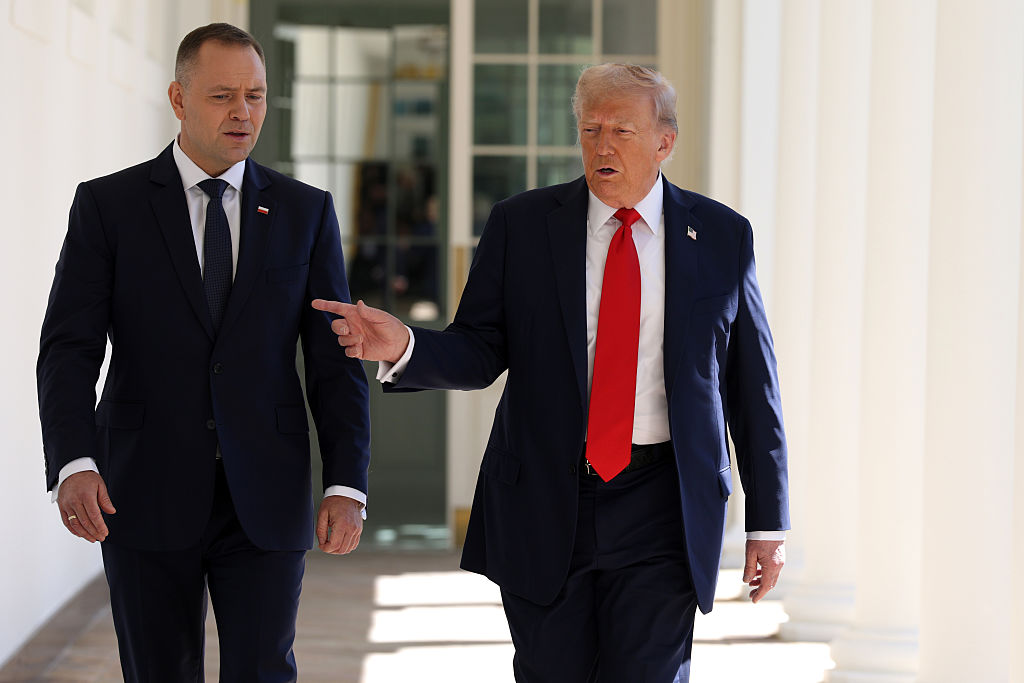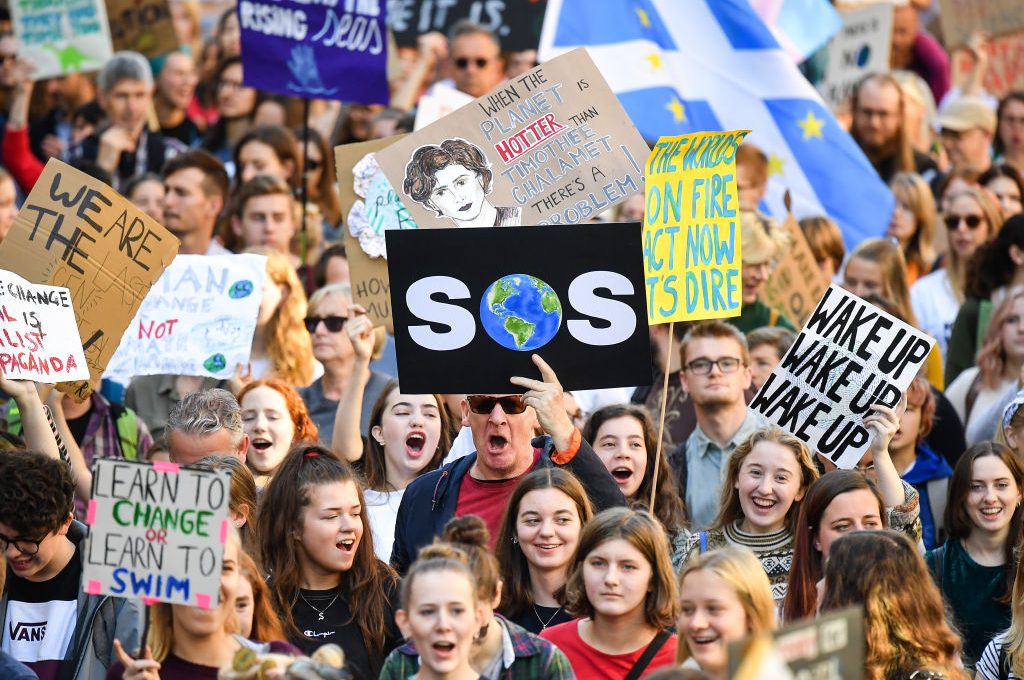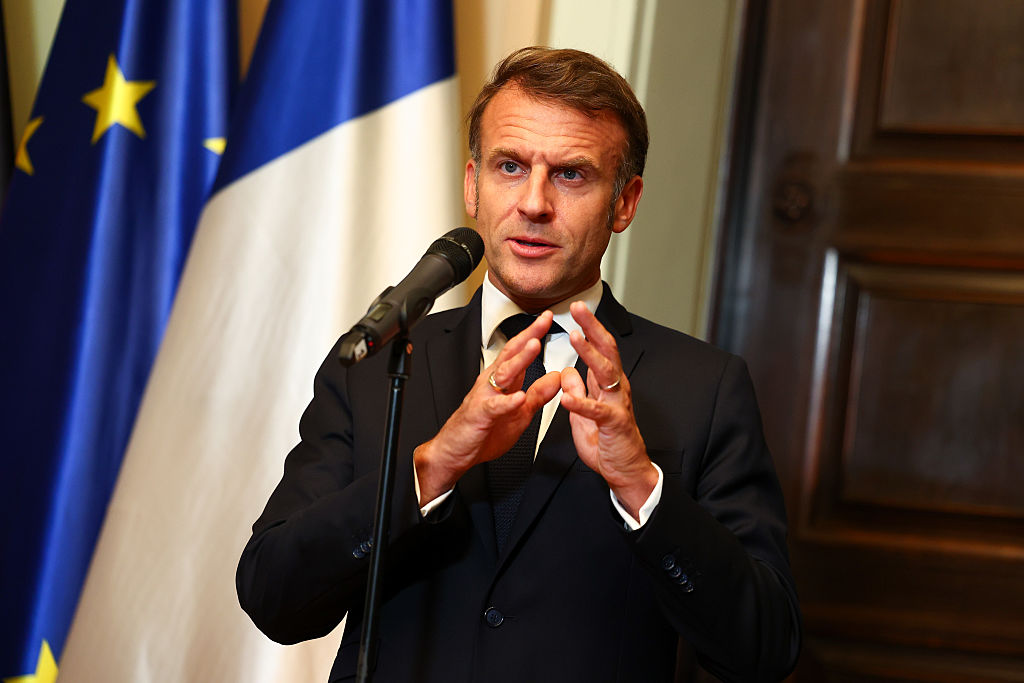Michel Barnier’s press conference this morning and Boris Johnson’s speech served as reminders as to how far apart on a trade deal the EU and the UK currently are.
The EU view is that any tariff free, quota free trade deal must include ‘robust commitments to ensure a level playing field’. The EU seems to be implying that it wants more than just non-regression on this front. But the UK negotiating position, as set out in a written ministerial statement, is that the trade deal cannot include ‘any regulatory alignment, any jurisdiction for the CJEU over the UK’s laws, or any supranational control in any area’.
These two positions are incompatible. If both sides stick to their position — and with a big parliamentary majority, Boris Johnson isn’t under the pressure to move that Theresa May was — the talks aren’t going to get anywhere. Boris Johnson’s talking up of an Australia-style deal with the EU is, essentially, a recognition of that, given that the EU and Australia don’t have a trade deal.
Yet despite the difference between the two sides, one can see a possible compromise.
In his speech, Boris Johnson again emphasized that the UK wasn’t about to engage in some kind of race to the bottom; he was at pains to point out the areas where UK standards are higher than EU standards. So the question is whether a deal can be found where the two sides commit to maintain their own high standards but both reserve the right to take appropriate measures if they feel the other is falling short.
This article was originally published on The Spectator’s UK website.



